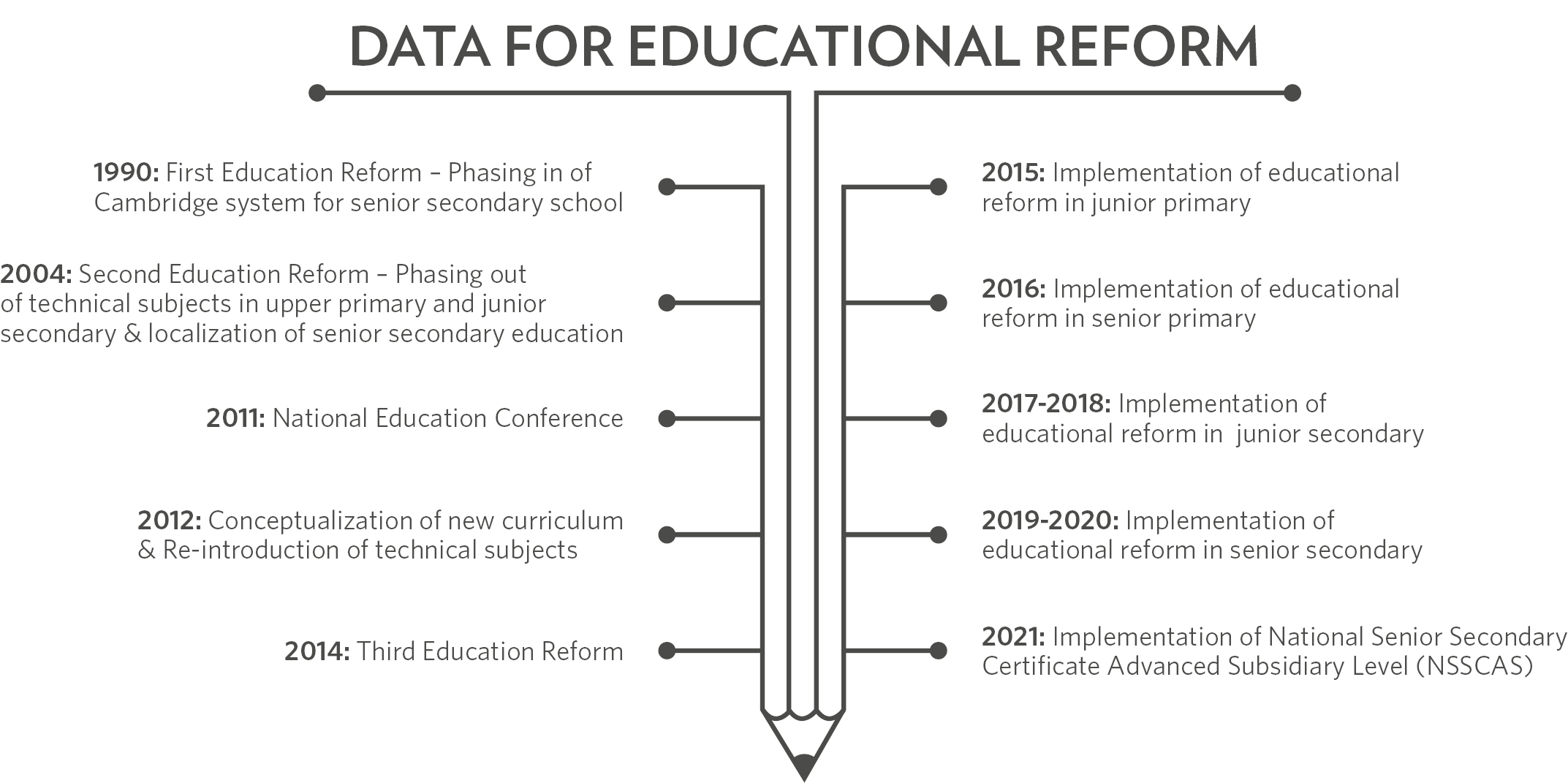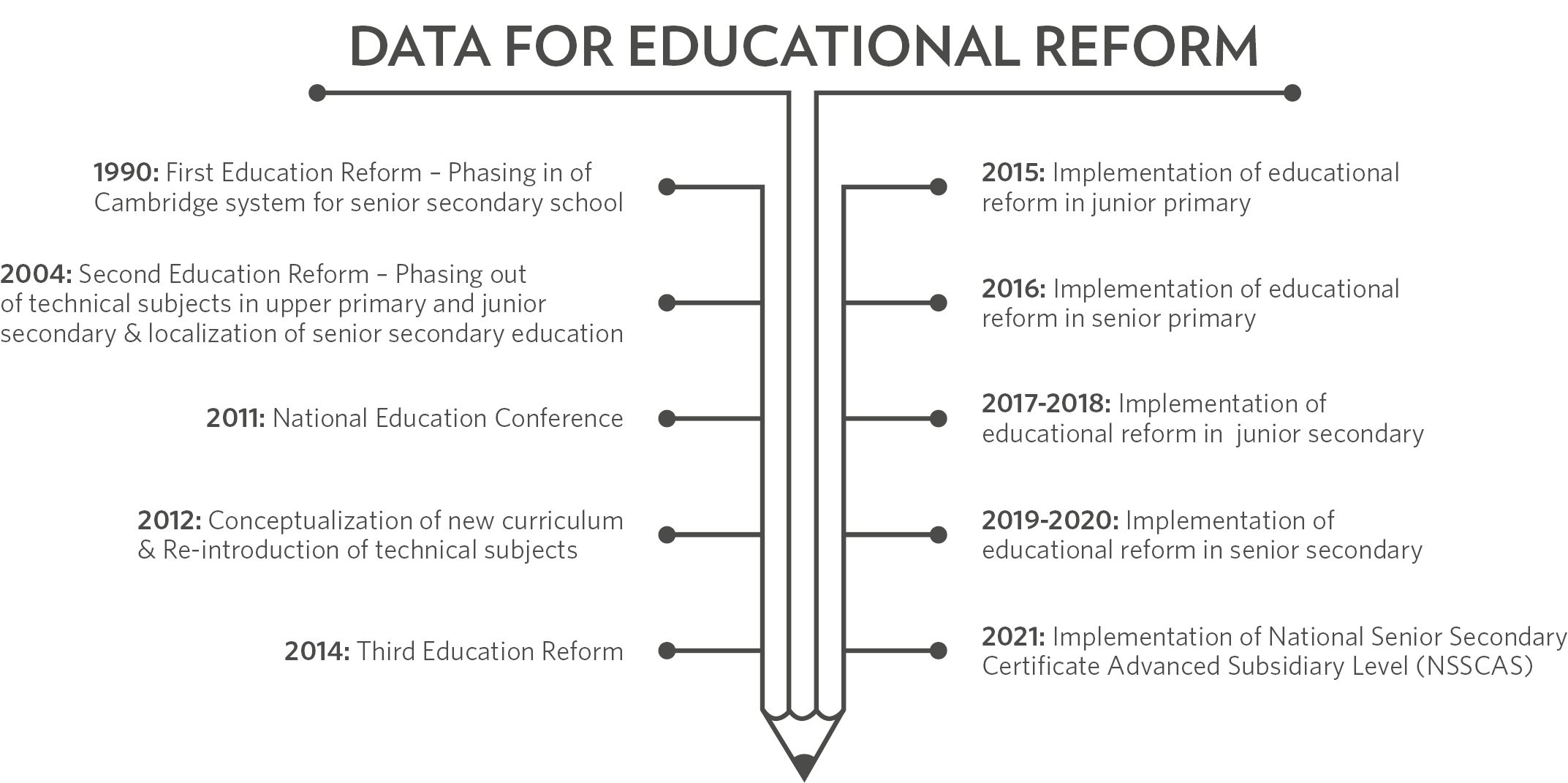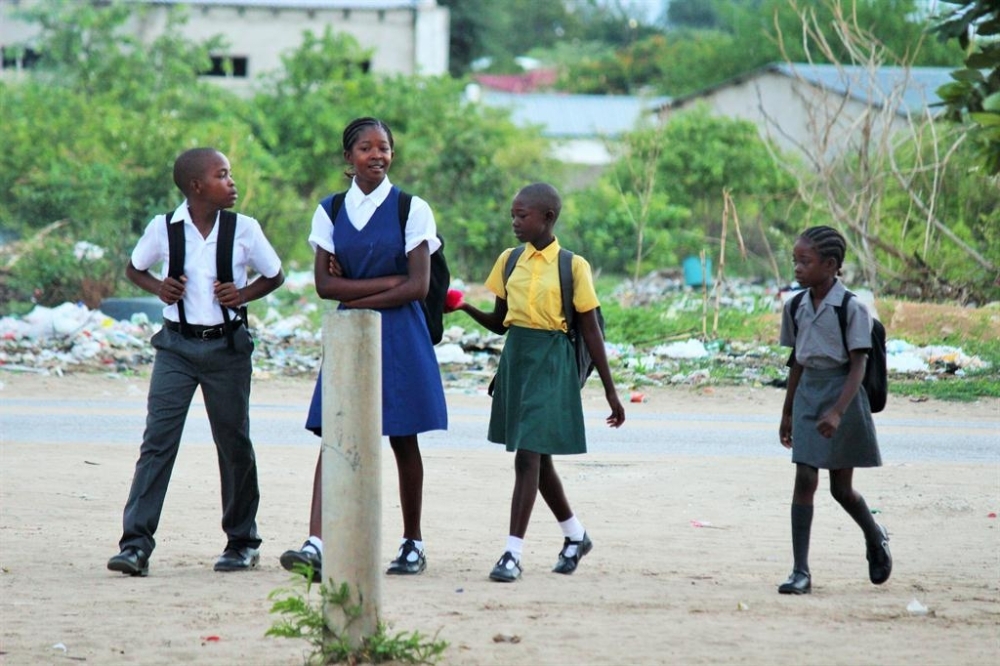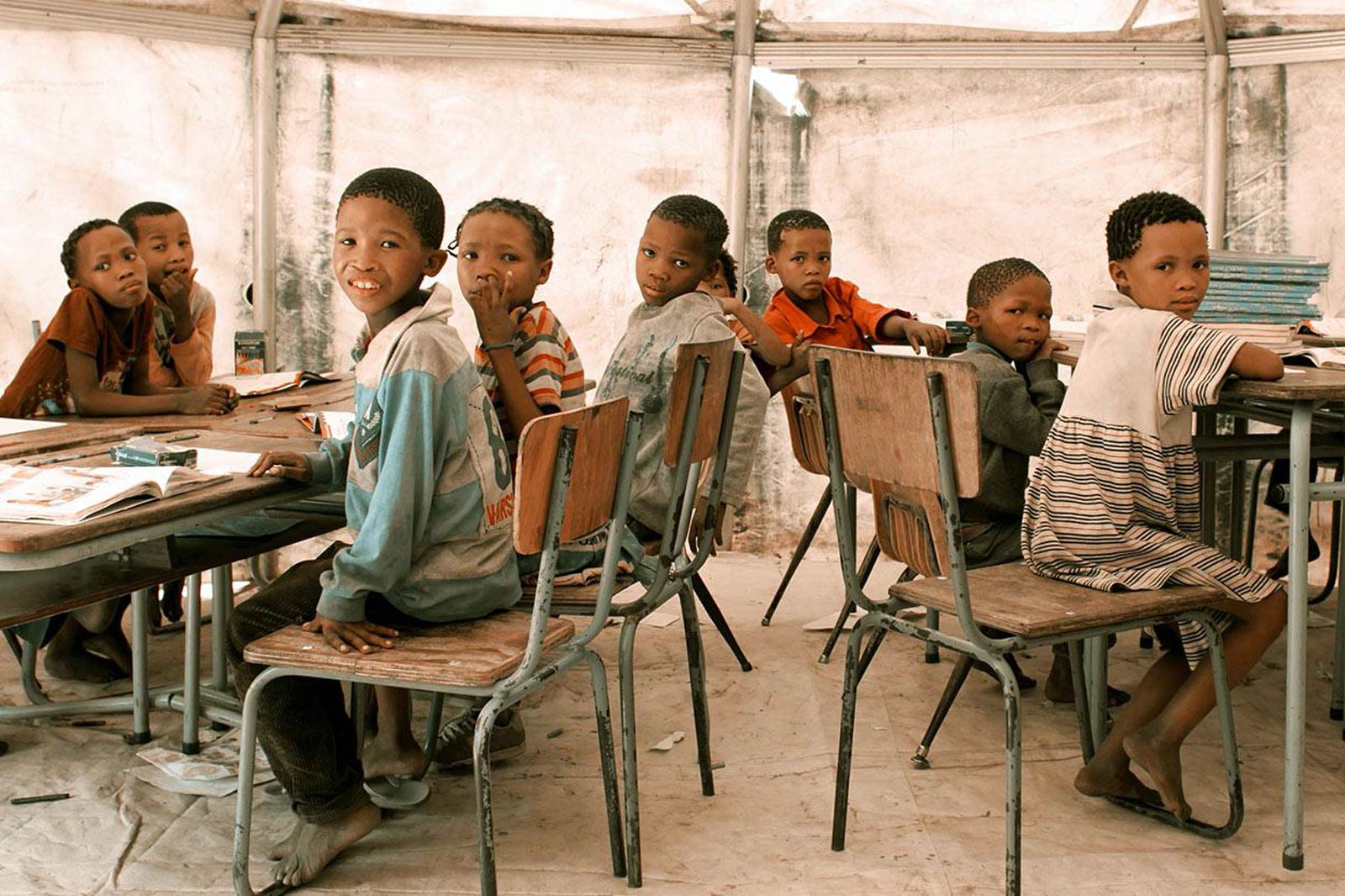The ebb and flow of Namibia’s education sector
Shortage of qualified teachers and infrastructure still a problem
Namibia has implemented several education reforms to improve access and quality of learning across the country, yet critical hurdles still remain.
Despite boasting one of the highest literacy rates – 94% – among youth in sub-Saharan Africa, the Namibian education system had to undergo several reforms before it was able to achieve this feat.
The first reform, dating back to 1990 was necessitated by Namibia’s independence, and led to the phasing in of the Cambridge system and the unification of education systems, which were previously characterised by racial segregation and exclusion.
This was followed by several more reforms.
In 2004, the phasing out of technical subjects and the localisation of senior secondary education to adapt the curriculum to Namibia’s educational climate were undertaken.
In 2014, a review of the NSSCO curriculum was undertaken, and the introduction of the National Senior Secondary Certificate Advanced Subsidiary Level (NSSCAS) in 2021 replaced NSSCH.
“In order to remain competitive regionally and internationally, we need to adjust our learning content to master more skills earlier. In addition, more skills subjects have been introduced from the junior secondary phase to the senior secondary phase in selected schools,” read a report from the ministry on educational reform.
2023 results
In 2023, nearly 80% of learners who sat for their NSSCO and NSSCAS levels failed to meet tertiary education institutions’ requirements.
Speaking at the official launch of the 2023 national examination results earlier this year, minister of education, arts and culture Anna Nghipondoka said:
"Although some candidates proceed to tertiary institutions to continue with their education with their NSSCO results, in total, 8 138 full-time and 935 part-time candidates registered for the NSSCAS level for the 2023 national examinations. In total, 132 full-time and 20 part-time centres catered for NSSCAS candidates in 2023."
She noted that the full-time centres increased by 33 centres, whereas the part-time centres dropped to 20 centres.
"As we all know by now, candidates must have obtained a C grade or better in subjects at the Ordinary Level, which are also offered at the NSSCAS level, to progress to Grade 12, advanced subsidiary level," she added.
More hands needed on deck
With Namibia making efforts to advance in the fields of science and technology in light of its ambitious green hydrogen and oil pursuits, the academic performance of learners in 2023 proves hopeful, with the national average across all grades in science subjects seeing a substantial increase compared to 2022.
Notwithstanding its accomplishments and growth, the education landscape remains riddled with problems of equity, with unequal access to educational resources between rural and urban areas, a shortage of qualified teachers and infrastructural challenges in rural areas.
These, including access to teaching materials, continue to plague schools such as Groendraai Primary School, located on a farm 20 km southwest of Rehoboth.
"One major obstacle we face is joint-graded teaching," explained principal Charlton Rickerts from Groendraai Primary School.
"Teachers have to instruct learners on two different academic levels within a single classroom, doubling the workload and reducing personal engagement time with each student."
While corporates have come to their aid to assist with the challenge of inadequate infrastructure, schools such as Groendraai are but a drop in the bucket of those in need.
The first reform, dating back to 1990 was necessitated by Namibia’s independence, and led to the phasing in of the Cambridge system and the unification of education systems, which were previously characterised by racial segregation and exclusion.
This was followed by several more reforms.
In 2004, the phasing out of technical subjects and the localisation of senior secondary education to adapt the curriculum to Namibia’s educational climate were undertaken.
In 2014, a review of the NSSCO curriculum was undertaken, and the introduction of the National Senior Secondary Certificate Advanced Subsidiary Level (NSSCAS) in 2021 replaced NSSCH.
“In order to remain competitive regionally and internationally, we need to adjust our learning content to master more skills earlier. In addition, more skills subjects have been introduced from the junior secondary phase to the senior secondary phase in selected schools,” read a report from the ministry on educational reform.
2023 results
In 2023, nearly 80% of learners who sat for their NSSCO and NSSCAS levels failed to meet tertiary education institutions’ requirements.
Speaking at the official launch of the 2023 national examination results earlier this year, minister of education, arts and culture Anna Nghipondoka said:
"Although some candidates proceed to tertiary institutions to continue with their education with their NSSCO results, in total, 8 138 full-time and 935 part-time candidates registered for the NSSCAS level for the 2023 national examinations. In total, 132 full-time and 20 part-time centres catered for NSSCAS candidates in 2023."
She noted that the full-time centres increased by 33 centres, whereas the part-time centres dropped to 20 centres.
"As we all know by now, candidates must have obtained a C grade or better in subjects at the Ordinary Level, which are also offered at the NSSCAS level, to progress to Grade 12, advanced subsidiary level," she added.
More hands needed on deck
With Namibia making efforts to advance in the fields of science and technology in light of its ambitious green hydrogen and oil pursuits, the academic performance of learners in 2023 proves hopeful, with the national average across all grades in science subjects seeing a substantial increase compared to 2022.
Notwithstanding its accomplishments and growth, the education landscape remains riddled with problems of equity, with unequal access to educational resources between rural and urban areas, a shortage of qualified teachers and infrastructural challenges in rural areas.
These, including access to teaching materials, continue to plague schools such as Groendraai Primary School, located on a farm 20 km southwest of Rehoboth.
"One major obstacle we face is joint-graded teaching," explained principal Charlton Rickerts from Groendraai Primary School.
"Teachers have to instruct learners on two different academic levels within a single classroom, doubling the workload and reducing personal engagement time with each student."
While corporates have come to their aid to assist with the challenge of inadequate infrastructure, schools such as Groendraai are but a drop in the bucket of those in need.








Comments
Namibian Sun
No comments have been left on this article